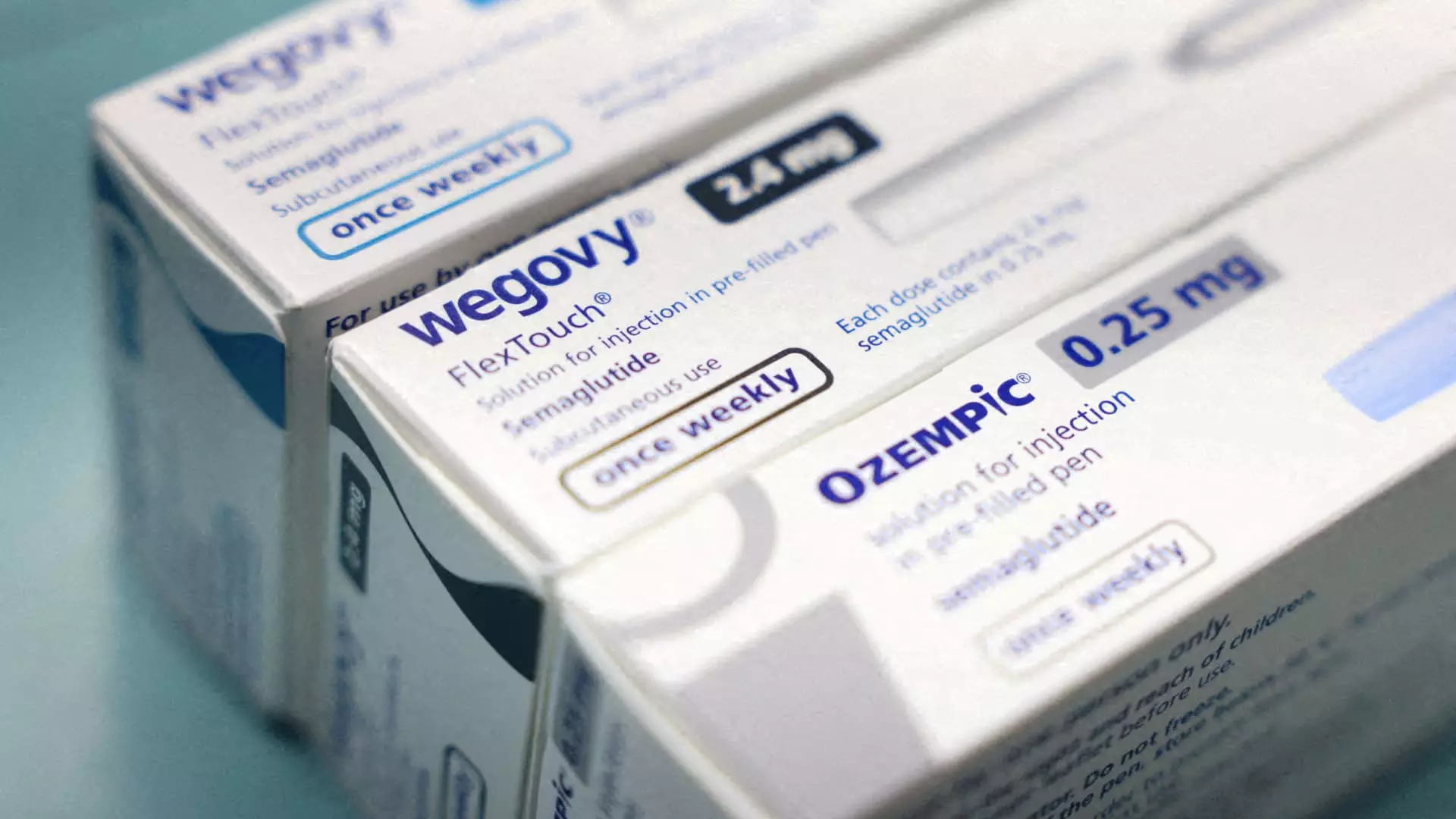The landscape of weight loss and diabetes medications in the United States has seen a significant shift with the recent announcement from the U.S. Food and Drug Administration (FDA). For over two years, patients and healthcare providers were grappling with a shortage of semaglutide-based products, namely Novo Nordisk’s Wegovy and Ozempic. The FDA has now confirmed that this shortage has been resolved, marking a turning point for both patients relying on these medications and for the pharmaceutical market at large.
Drug shortages can be destabilizing not just for patients, but also for pharmaceutical companies and healthcare ecosystems. In this particular case, the active ingredient in both Wegovy and Ozempic, semaglutide, experienced unprecedented demand that far outstripped supply beginning in 2022. This shortage compelled many patients to resort to compounded versions of these drugs, often produced by pharmacies that created unapproved yet cheaper alternatives. Such compounded drugs raise serious safety concerns, as they do not undergo the rigorous testing and approval processes required for FDA-approved medications.
Consumers often made the choice to use these unapproved alternatives out of desperation, highlighting a critical gap in patient education and a structure that allows for such discrepancies. Interestingly, the FDA’s recent statement not only declares the resolution of the shortage but also aims to curb the production of these unbranded versions. As consumers transition back to FDA-approved drugs, it raises questions about public health and the very purpose of regulatory bodies: to protect patients from unsafe alternatives while ensuring access to effective treatments.
The Pharmaceutical Response to Increased Demand
Novo Nordisk, along with its competitor Eli Lilly, was forced to make significant investments in expanding production capabilities to match the skyrocketing demand for semaglutide-related products. Following the FDA’s declaration, Novo Nordisk’s stock saw an increase of around 5%, a reflection of market optimism about their position in a burgeoning industry that is projected to exceed $150 billion in annual value by 2030.
Despite the celebrations surrounding the reestablished supply chain, the FDA did note that some patients might still encounter “intermittent and limited localized supply disruptions.” The road to full recovery may not be entirely smooth, as the downstream effects of manufacturing will take time to stabilize. The pharmaceutical giant expressed its commitment to ensuring that patients are not left in a lurch due to misinformation regarding unapproved drugs posing health risks.
Market Dynamics and Competitive Landscape
The FDA’s decision carries profound implications for the competitive landscape of diabetes and weight loss medications. With the shortage resolved, Novo Nordisk is well-positioned to reclaim market share and compete more effectively against Eli Lilly, particularly in the lucrative weight loss sector. Eli Lilly’s earlier resolution of its own drug shortages adds a new layer of complexity to the competition, as both companies vie for dominance in a marketplace that has expanded its consumer base significantly over the last few years.
As the consumer shift from compounded versions to FDA-approved medications takes place, companies must navigate the delicate balance between meeting rising demand and maintaining product quality. Hims & Hers, a telehealth company that specialized in offering compounded Wegovy and Ozempic, saw its stock plummet over 25% following the announcement, illuminating the risks associated with dependency on unregulated medical alternatives.
The resolution of the semaglutide shortage also underscores a crucial realization for patients and healthcare providers: the importance of relying on FDA-approved medications. The promise of access to legitimate, effective treatments certainly alleviates anxiety for many patients; however, challenges remain. For instance, Medicare does not currently cover weight loss drugs like Wegovy, a barrier that can limit access for numerous patients who could benefit from such treatments.
While the FDA’s declaration marks the end of a challenging period in pharmaceutical supply management, the focus now turns toward sustaining the supply chain, enhancing patient safety, and ensuring equitable access to effective treatment options. Both patients and healthcare professionals must remain vigilant in their understanding of medication safety and availability as the market continues to evolve.

